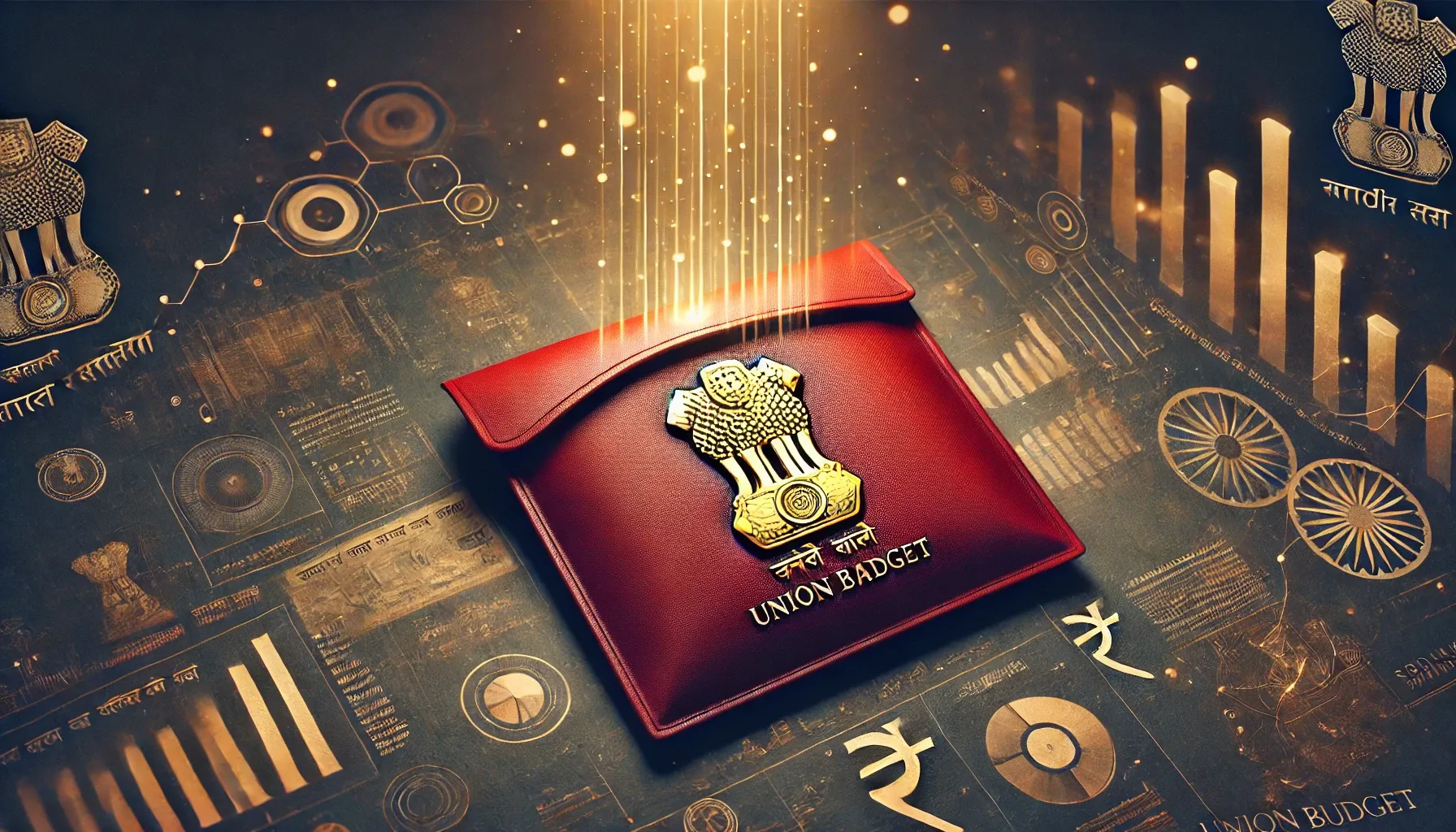UPSC
The Hindu Briefs
Parliament’s Diminished Role in India’s Budget Process
Last Updated
22nd March, 2025
Date Published
22nd March, 2025
Share This Post With Someone

Context:
This analysis critiques the marginalisation of India’s Parliament in budget-making, highlighting the executive’s dominance and proposing reforms to strengthen legislative oversight. The article is pertinent for understanding governance, financial accountability, and democratic processes as of March 22, 2025.
- Executive Dominance: The Finance Ministry crafts the Budget unilaterally, sidelining Cabinet and Parliament, limiting pre-presentation scrutiny and debate, unlike other legislative bills.
- Ceremonial Role: Parliament’s budget role is largely symbolic—approving rather than shaping proposals—reducing elected representatives’ influence over financial planning.
- Rajya Sabha Exclusion: Despite democratic credentials, the Rajya Sabha has no substantive budget role; even a Finance Minister from Rajya Sabha cannot vote on their own Lok Sabha-presented Budget.
- Global Comparison: Unlike parliaments in some nations that actively draft budgets or hold detailed committee reviews, India’s legislative engagement is minimal, correlating with weaker economic outcomes.
- Declining Oversight: Poor debate quality, brief discussions, and ineffective subject committee scrutiny reflect Parliament’s waning budgetary authority, undermining democratic accountability.
- Proposed Reform - Pre-Budget Talks: Introducing pre-budget consultations would shift Parliament from a passive recipient to an active participant, fostering inclusive financial deliberation.
- Proposed Reform - PBO: Establishing a Parliamentary Budget Office (PBO) would provide MPs with independent, technical analysis, enhancing scrutiny and reducing reliance on executive data.
- Democratic Implications: Current executive monopoly fragments debates and limits oversight, weakening representative democracy’s core—public finance reflecting collective will.
- Potential Benefits: Robust parliamentary engagement could ensure equitable policies, transparency, and a governance framework prioritizing public interest over executive fiat.
Key Terms:
- Budgetary Affairs: Financial planning and allocation processes within government.
- Executive Monopoly: Dominance of the executive branch over budget formulation.
- Parliamentary Budget Office (PBO): Independent body aiding MPs with budget analysis.
- Pre-Budget Discussions: Consultations before budget presentation to involve legislators.
- Representative Democracy: System where elected officials reflect public will.
- Article 19(2): Constitutional clause listing reasonable free speech restrictions (contextual reference).
- Financial Oversight: Parliament’s role in monitoring and approving public expenditure.
Link To The Original Article – https://www.thehindu.com/opinion/lead/indias-marginalised-parliament-in-budgetary-affairs/article69358975.ece